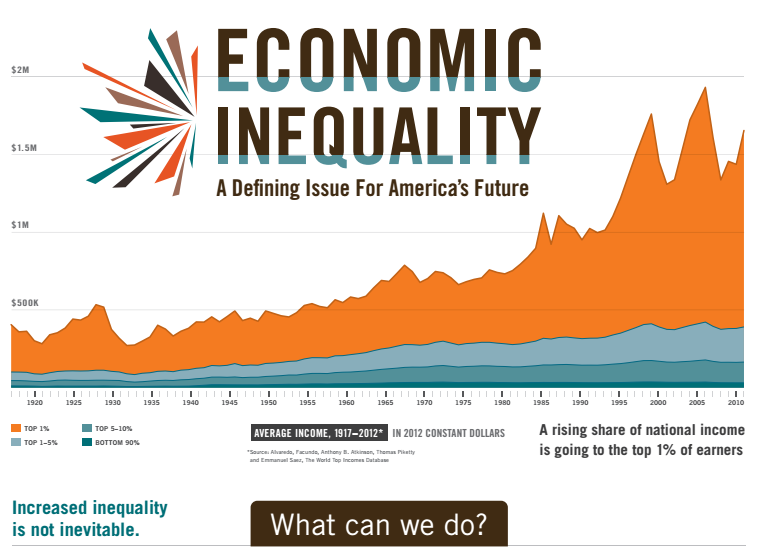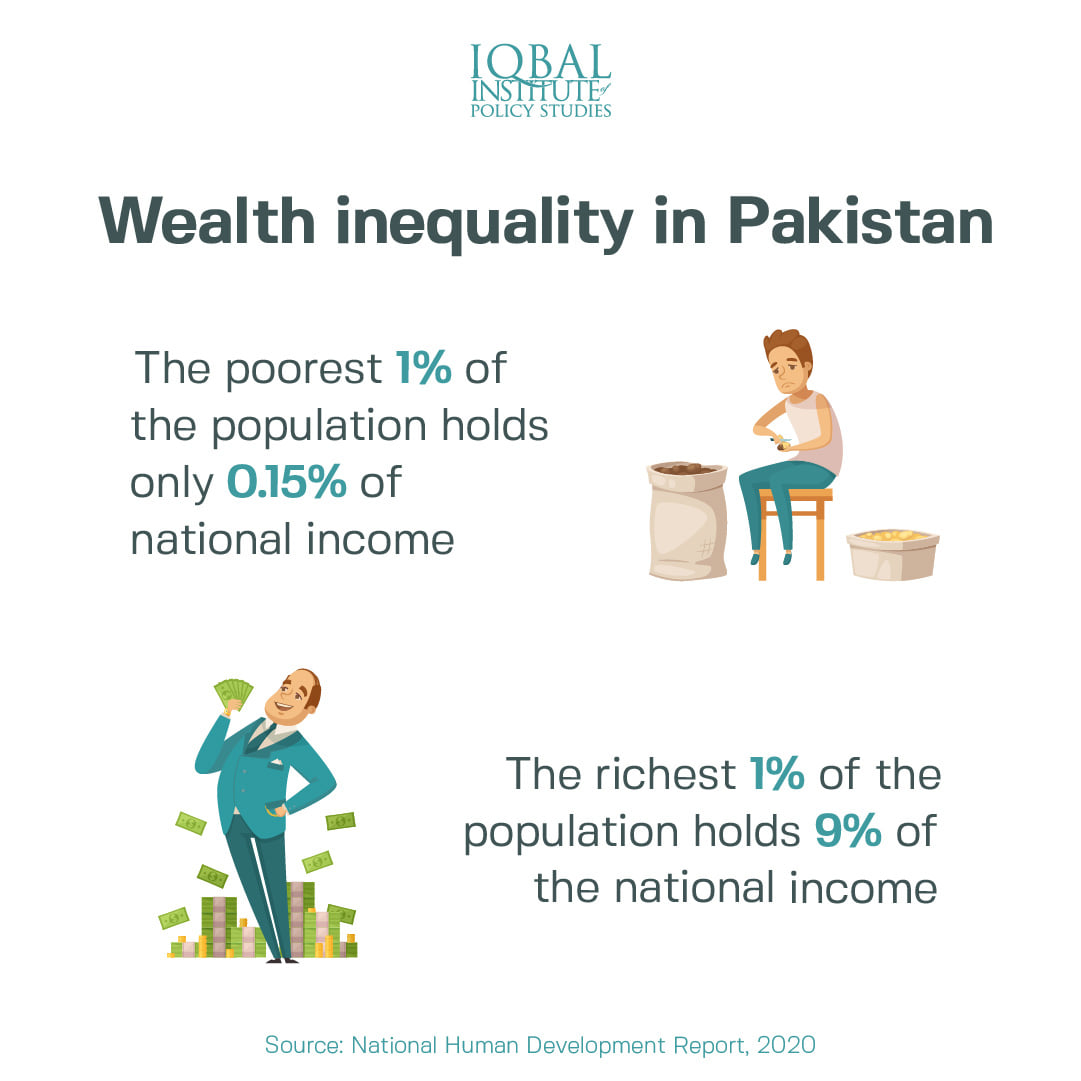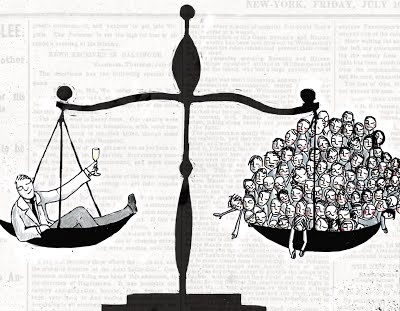
Economic Imbalance:
Economic inequality is the unequal distribution of income and opportunities among different groups in society. This is a concern in almost every country in the world, and most people are trapped in poverty with little chance of climbing the social ladder.
Economic inequality refers to the inequality in the distribution of wealth and income among individuals, families, or groups within a society or between different countries. A complex and multifaceted issue with multiple dimensions and causes.

Economic Imbalance, an issue as old as human society itself, is still one of the defining challenges of our time. It includes the stark contrast between those who enjoy the fruits of prosperity and wealth and those who find themselves in the mire of poverty and economic hardship.
Aspects of economic inequality:
Here are some key aspects of economic inequality:
-
Income Inequality:
Income refers to money that an individual or household earns or receives during a specific period, usually on a regular basis (eg, monthly, annually). This includes sources of income such as wages, salaries, self-employment income, rental income, dividends, interest, and other forms of recurring income.

-
Wealth Inequality:
Wealth inequality focuses on the distribution of assets and accumulated wealth such as property, investment, and savings. It often leads to the concentration of wealth among a small population.
-
Global Inequality:
Economic inequality is not limited to countries. It also exists on a global scale. Differences in wealth and income exist between different countries, with some countries enjoying higher living standards while others face poverty and underdevelopment.
-
Social and economic consequences:
High levels of economic inequality can lead to various social and economic consequences. This can lead to reduced social mobility, limited access to education and health care, political instability, and increased crime rates. In extreme cases, it can lead to social unrest and instability.
-
Policies to deal with inequality:
Governments and organizations often implement policies to reduce economic inequality. These policies can include progressive taxation, social safety nets, access to education and health care, and minimum wage laws.
-
Measurement:
Economists and social scientists use a variety of measures to assess economic inequality, including the Gini coefficient, which quantifies income or the distribution of wealth, and the Human Development Index (HDI), which measures not only income but also factors such as education and It also considers health care.
Causes of Inequality:
Economic inequality can be caused by various factors such as differences in education, skills, access to job opportunities, discrimination, heredity, tax policies, etc. Technological advances and globalization can also contribute to inequality.

Benefits of economic inequal
Benefits of economic inequality can include incentives for innovation and entrepreneurship, efficient allocation of resources, and the potential for philanthropic partnerships. However, these benefits must be weighed against the negative consequences of reduced social mobility and unequal access to essential services.
Here are some arguments regarding the potential benefits of economic inequality:
-
Resource allocation
-
Motivation for innovation and productivity
-
Economic Mobility
-
Government Revenue
-
Charitable and Charitable Affairs
- Funding Entrepreneurship
Why economic inequality is important:
Economic inequality is critical because of its impact on social stability, economic growth, and access to essential services such as health care and education. High inequality can lead to social unrest, hinder economic development, and limit opportunities for a significant portion of the population.
Reference:
https://en.wikipedia.org/wiki/Economic_inequality
Leave a Reply